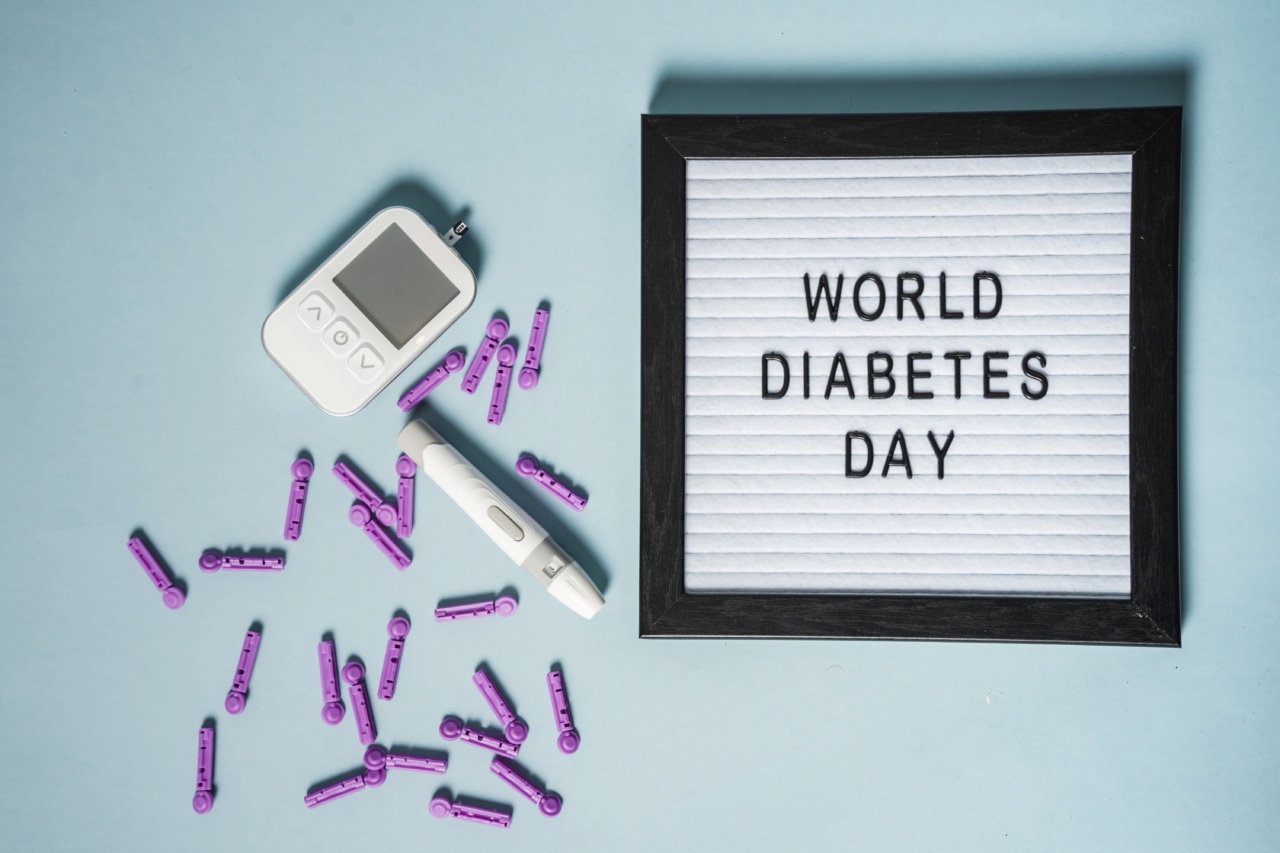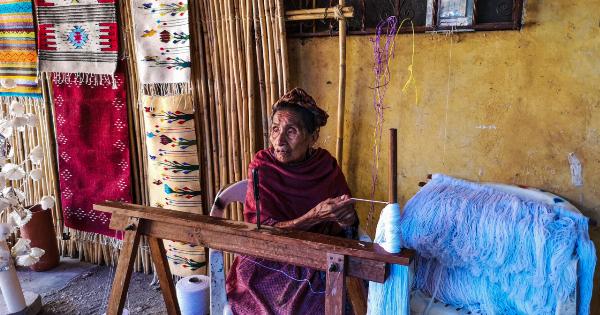World Contraception Day, celebrated annually on September 26th, aims to raise awareness about the importance of contraception worldwide.
This day serves as a reminder of the critical role birth control plays in empowering individuals and promoting financial security. By providing access to a range of contraceptive methods, World Contraception Day advocates for informed decision-making, family planning, and reproductive health rights.
Empowering Individuals to Plan Their Families
Access to effective birth control methods empowers individuals to plan their families strategically. By having the ability to decide when and if to have children, people can better invest in their education, careers, and overall well-being.
Unplanned or poorly timed pregnancies can disrupt educational pursuits, hinder job opportunities, and strain financial resources. World Contraception Day strives to eliminate these barriers by promoting contraceptive options that give individuals greater control over their reproductive lives.
The Economic Benefits of Birth Control
Efficient birth control not only impacts individual lives but also carries significant economic benefits for societies. By enabling individuals to space their pregnancies and have smaller families, birth control helps to reduce population growth rates.
This, in turn, can lessen the strain on resources, such as healthcare, education, and employment opportunities. When families can plan and adequately prepare for the future, they are more likely to thrive economically, contributing positively to the overall welfare of the community and nation.
Women’s Empowerment and Birth Control
Access to birth control is crucial for women’s empowerment. With the ability to control their reproductive lives, women can pursue education, engage in the workforce, and achieve economic independence.
By delaying or spacing pregnancies, women can invest in their personal and professional growth, breaking free from traditional gender roles and societal expectations. Through World Contraception Day, the importance of empowering women through birth control is highlighted, promoting gender equality and women’s rights worldwide.
Education and Career Advancement
Without adequate access to birth control, young girls and women face obstacles in pursuing education and career opportunities.
Early and unplanned pregnancies often lead to school dropout rates among girls, limiting their access to higher education and perpetuating the cycle of poverty. By promoting contraception and educating individuals about their options, World Contraception Day aims to break this cycle.
When young girls and women can plan their families, they can focus on their education, acquire skills, and secure better employment, leading to improved financial security for themselves and their families.
Improved Maternal and Child Health
World Contraception Day also highlights the role of birth control in improving maternal and child health.
By enabling women to choose when and how many children to have, contraception can help prevent unplanned pregnancies and reduce the risk of maternal and infant mortality. Access to effective birth control methods allows women to prioritize their health and well-being by ensuring they are physically and emotionally ready for the responsibilities of motherhood.
Through family planning initiatives promoted on this day, individuals and communities can work towards healthier and more sustainable outcomes for mothers and their children.
Reducing Health Disparities
World Contraception Day strives to address health disparities by advocating for equal access to contraceptive methods and reproductive healthcare services.
Inadequate access to birth control disproportionately affects marginalized communities, including low-income individuals, minority groups, and areas with limited healthcare infrastructure.
The promotion of affordable and accessible contraception helps bridge these gaps, ensuring that all individuals, regardless of their socioeconomic status or background, can exercise their reproductive rights and make informed decisions about their bodies and futures.
The Many Contraception Methods Available
World Contraception Day acknowledges the importance of having a variety of birth control options to cater to diverse needs and preferences.
From hormonal methods like oral contraceptives, patches, and injections to barrier methods like condoms and diaphragms, individuals can choose the method that aligns best with their lifestyle and health considerations. Furthermore, long-acting reversible contraceptives (LARCs) such as intrauterine devices (IUDs) and contraceptive implants offer highly effective, low-maintenance options for those seeking long-term contraception.
This day aims to raise awareness about the availability and benefits of these methods, encouraging individuals to make informed choices about their reproductive health.
Creating Conversations and Breaking Stigma
World Contraception Day provides a platform for open conversations about contraception, challenging societal taboos and stigma associated with discussing reproductive health.
By engaging in dialogue, individuals can dispel myths, address misconceptions, and ensure accurate information reaches all communities. Changing the narrative around birth control fosters an environment where individuals feel empowered to make decisions that align with their values, priorities, and well-being.
Through increased awareness and education, World Contraception Day sparks vital conversations that promote informed decision-making and ultimately contribute to financial security.
Access to Birth Control: A Universal Right
World Contraception Day advocates for the recognition of birth control as a universal right. Access to contraception is not only essential for individual health and well-being but also for the sustainable social and economic development of nations.
Governments, healthcare organizations, and policymakers need to prioritize comprehensive reproductive healthcare that includes affordable and easily accessible contraception. By recognizing the importance of birth control, we can take significant steps towards a world where individuals have greater control over their reproductive choices and overall financial security.
Conclusion
World Contraception Day serves as a reminder that birth control is crucial for promoting financial security, empowering individuals, and fostering sustainable communities.
By providing access to contraception, individuals can plan their families, pursue education and careers, and prioritize their health and well-being. Through awareness, education, and open conversations, we can challenge societal taboos and ensure that birth control is recognized as a universal right.
On World Contraception Day, let us celebrate the progress made in reproductive healthcare while recommitting ourselves to the mission of a world where everyone has the freedom to make informed choices about their bodies and futures.































